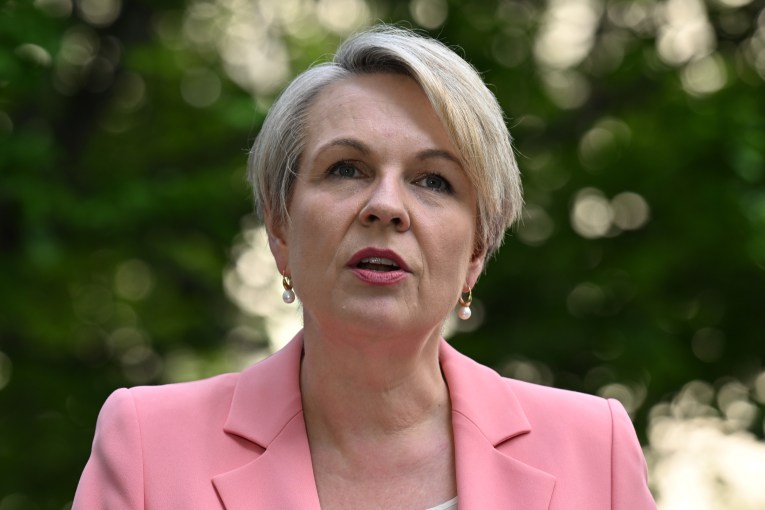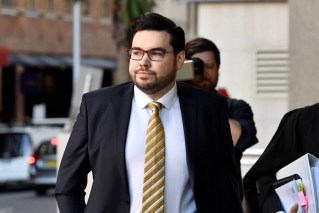Abbott urged to set clear direction for G20 at Davos
· Australia to assume chair of G20 group
· Abbott heads to Switzerland
Before leaving for this week’s world economic forum meeting in Davos, Switzerland, Prime Minister Tony Abbott was keen to spell out Australia’s priorities for its G20 presidency.
“We want to see specific actions that promote freer trade, that try to ensure we have less leaky national taxation systems, that explore innovative ways of financing investment in infrastructure, that try to ensure that our banking systems right around the world are proof against any future economic shocks,” he said.
The meeting will be Tony Abbott’s first opportunity to spruik the agenda for this year’s G20 summit in Brisbane.
It will also be one of the first chances for Australian officials to start discussing agreements for the November summit with their foreign counterparts.
Mike Callaghan is the director of the Lowy Institute’s G20 Studies Centre, and has attended G20 summits when he was an official with the Treasury.
More detail required
He wants more detail on Mr Abbott’s priorities.
“The specific areas, the specific aspects within those broad objectives, that the Prime Minister is seeking to achieve in 2014 where Australia is going to make its mark,” he requested.
Mr Callaghan says time is running out to get an agenda for the G20 talks finalised.
“These things don’t happen overnight, you can’t wait until the evening of the summit and turn up and say right let’s sort of sort some things out,” he explained.
“A lot of preparation has to be done beforehand, and a lot of consultation, a lot of outreach is done, there’s outreach with business, with civil society, with other countries. But really you have to start now.”
He expects Tony Abbott to attempt to make up for some lost time.
“Because he just came into office at the end of 2013, he really starts late in terms of having those personal relationships with other leaders, having been through some of these issues on the G20,” Mr Callaghan added.
“He has to get out there and he has to make his mark, he has to establish his relationships, he has to be setting out what he is going to seek to achieve and he has to really engage leaders.
“Let it be known that this Brisbane summit is really going to seek to achieve some things – leaders, when they come to the summit, they should be recognising that Australia’s aim is to achieve some significant outcomes and all this takes preparation and it takes a lot of hard work.”
Last year’s summit in St Petersburg coincided with an escalation in the Syrian conflict.
Finish what they started
Susan Harris-Rimmer from the Australian National University believes those events created a distraction from a course set at the G20 summit in London in 2009, where a number of reforms aimed at reducing the risk in the global financial system began to be negotiated.
“I think they need to finish what they started really back in London, they need to finish the response to the global financial crisis,” she argued.
“They need to fix the too big to fail banks. They need to fix shadow banking. They need to strengthen banking regulation. They need to make sure that the global financial crisis that we experienced in 2008 doesn’t happen again.”
There is also a push for world leaders to find a way to stop businesses from avoiding tax by shifting profits between jurisdictions.
Mike Callaghan believes Tony Abbott is right to make tax reform a focus of the November summit.
However, he says change across a range of areas will only come if Australia can propose concrete agreements and practical solutions.
“It can be that, for example, in the case of trade it might be that right now what we need is for leaders to set what is the strategic direction for the multilateral trading system in a post-Doha world? That might be the number one drive,” he argued.
“Pointing to some specific areas where progress should be made, like a services agreement; as I say, going back, making sure that you do get better compatibility between these regional trade arrangements and the WTO.
“What you need to focus on is really giving that strategic direction as to where things should be going, and then let the doers, be it the WTOs, the IMFs, the multinational development banks, to get on and do it.”








